Fujitsu introduces the new FUJITSU Storage ETERNUS DX8700 S3 and DX8900 S3.
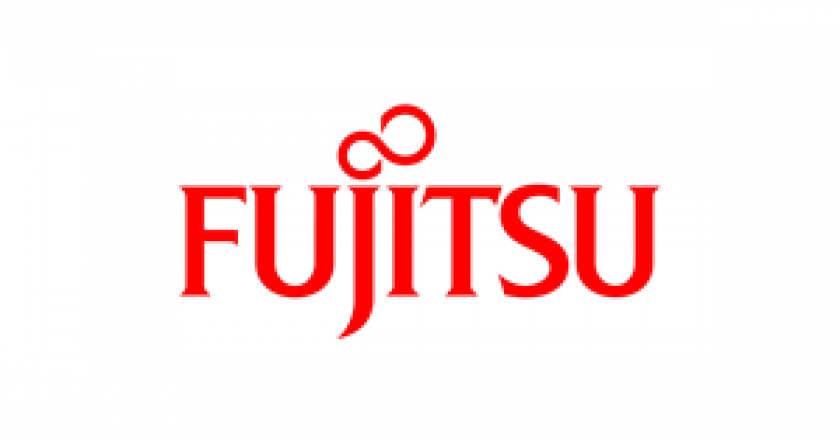

Fujitsu introduces the new FUJITSU Storage ETERNUS DX8700 S3 and DX8900 S3.
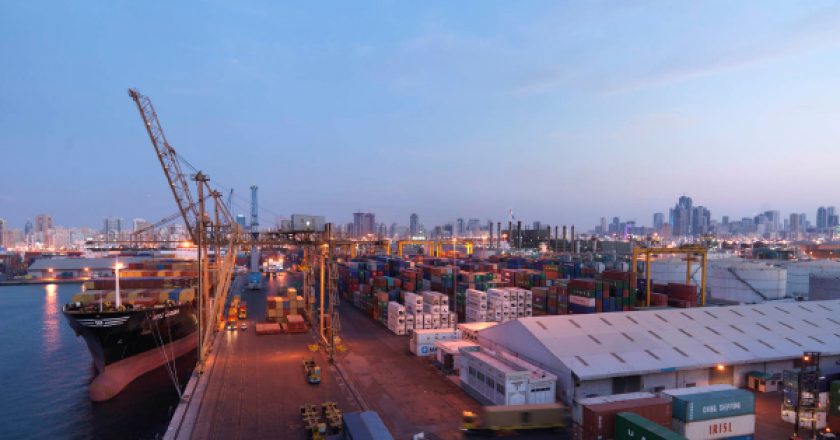
With ports in the Middle East, United States and South America, the expectations of Gulftainer’s customers stretch even further than the port and logistics company’s operations. After huge expansion plans were initiated in 2012, Group IT Manager, Vinay Sharma, was tasked with bringing outdated IT infrastructure up to the company’s high standards.

cloud_lenovaDimension Data and NTT Data, has recently launched a new set of services to help move clients SAP workloads to the Cloud.
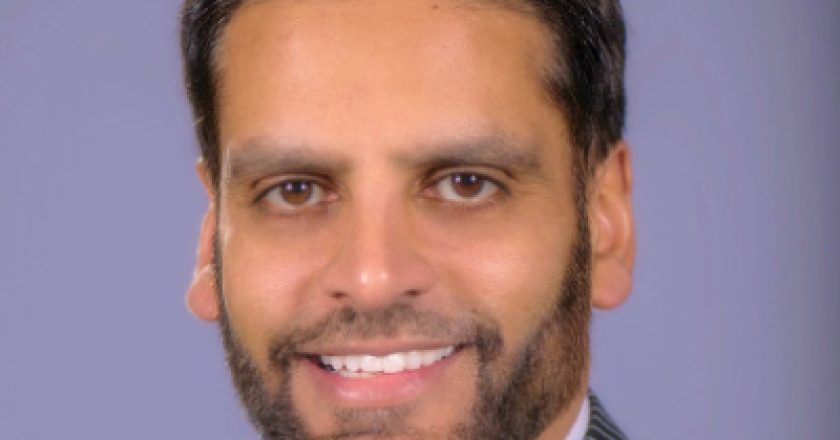
Irfan Khan, CTO, SAP GCO, recently met with government CIOs in Dubai to discuss the role of Big Data analytics in transforming the public sector. He spoke to CNME on the sidelines of the event about digilatisation and the company’s HANA platform.
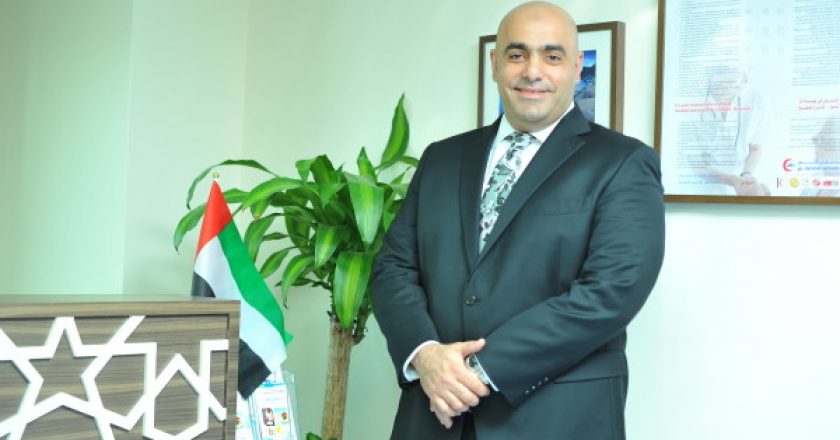
Al Noor Hospitals Group has long been a leading healthcare provider in the UAE. As they look to expand beyond the borders of the Emirates, Wissam Ismail, Head of ICT is determined to keep the company’s IT infrastructure robust and healthy.
Hitachi Data Systems Corporation (HDS) has announced its intent to acquire oXya, a provider of services for cloud and SAP solutions.

Hard on the heels of the recent announcement of its next-generation S/4Hana enterprise software platform, SAP on Wednesday unveiled a new software-as-a-service application aimed at finance professionals but delivering a consumer-like experience.
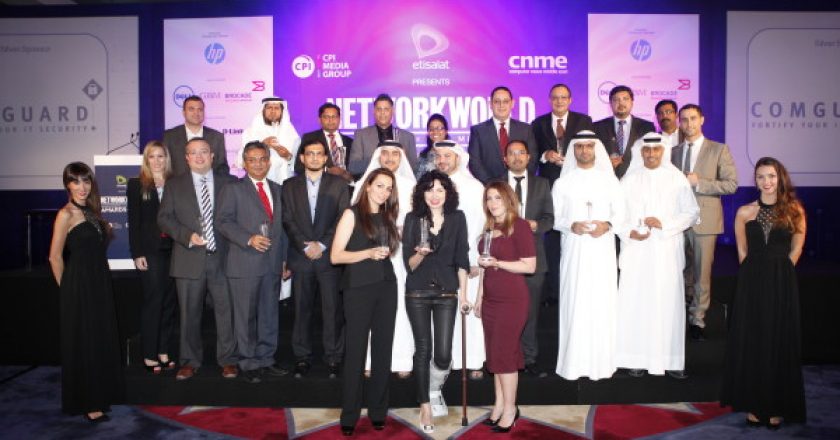
The judges for CNME’s sixth annual Network World Middle East awards have been announced, comprising IT leaders from a variety of influential companies across the region.
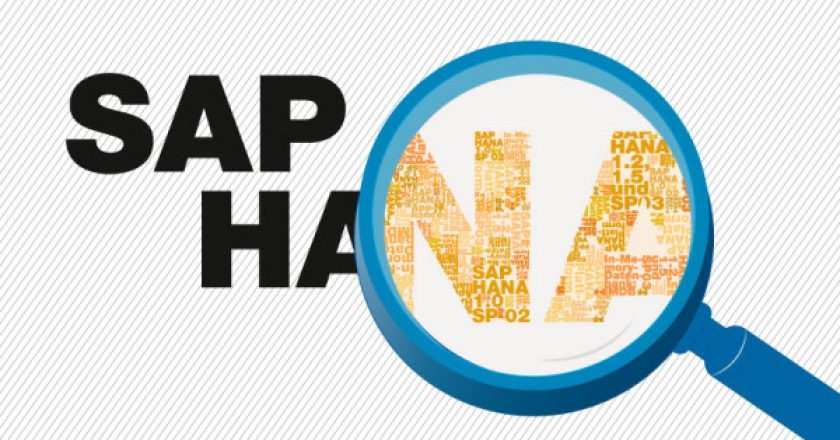
SAP has announced that it will “use the cloud to drive the region’s IT simplification and business transformation” at GITEX Technology Week 2014.
Cyberoam has appointed Mukil Madanan as its Enterprise Account Manager for Middle East. Madanan will be playing an instrumental role in expanding the company’s client base in the region apart from managing the existing client relations.
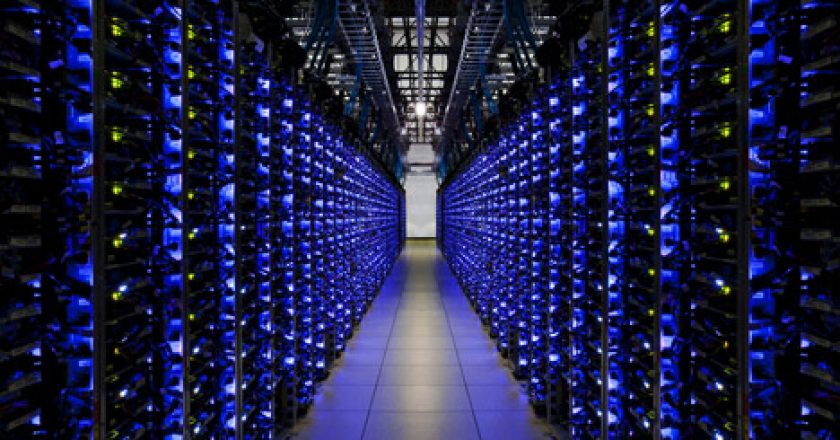
Data centre technology is rapidly changing. With the advent of virtualisation and increasing speed and agility may come a sense of impending doom for IT staff. However, more efficient centres do not necessarily mean the end of a robust technical department.
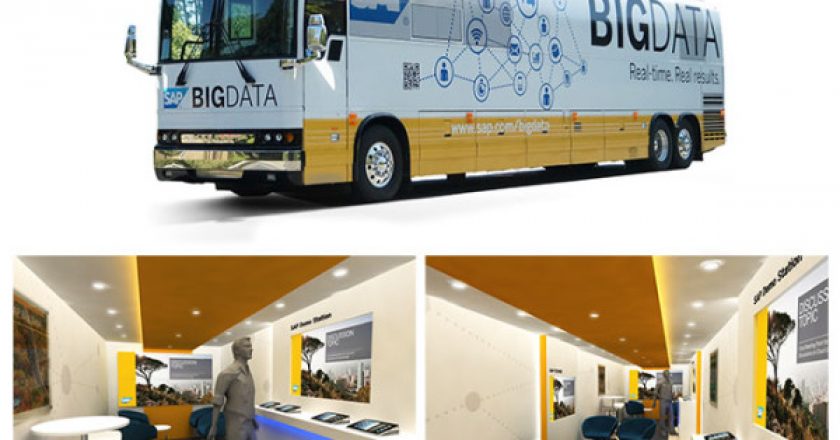
One of the largest software companies in the world, SAP is positioned firmly as an underpinning force of business IT infrastructure. However, it is evident by its recent developments that the company is ready to move beyond the confines of the office.
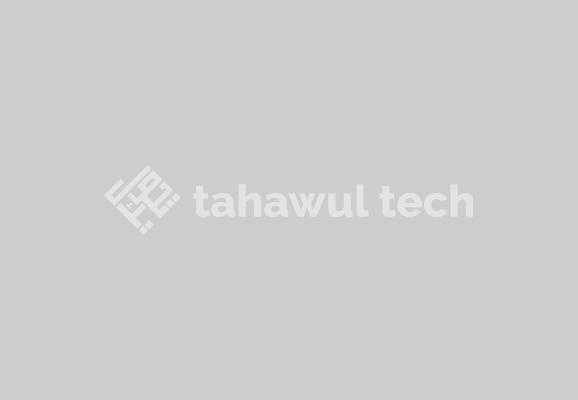
Egypt’s Ministry of Electricity has selected Ericsson to provide end-to-end telecom solutions and services for 180 electricity sites in Upper …
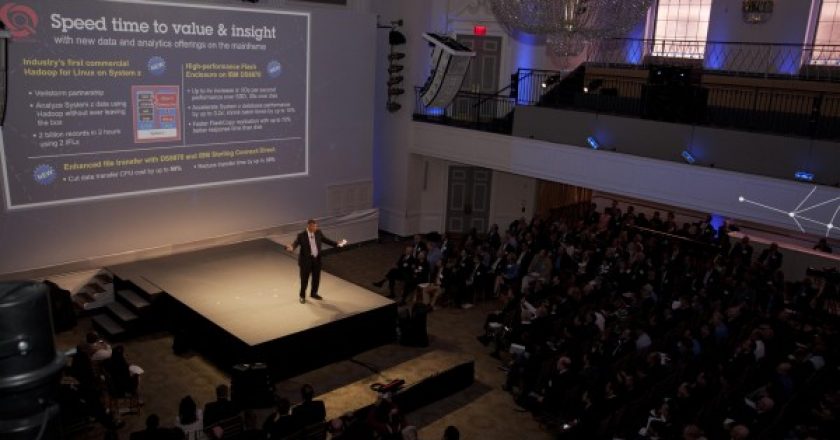
On 8th April, IBM celebrated the 50th anniversary of System/360, its mainframe system which transformed the computing world. James Dartnell reports from the Mainframe50 conference in New York City where the infrastructure giant celebrated the milestone with the release of new cloud and Hadoop services.
Motorola Mobility has unveiled its flagship device, Moto X with its Middle East and Africa distributing partner, Redington, in the regional market.
Unatrac ITD, part of the Egypt-based Mantrac Group, is ceasing its IT distribution operations in the UAE, which serves as …
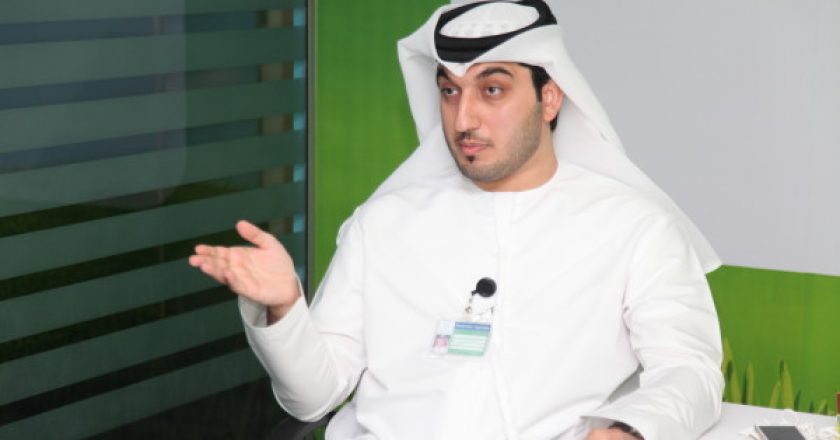
Waste has been managed in the same way with the same technologies for decades. Amin Al Zarouni, Head of ICT, Bee’ah, and his team have taken the traditional idea of waste management and turned it on its head.
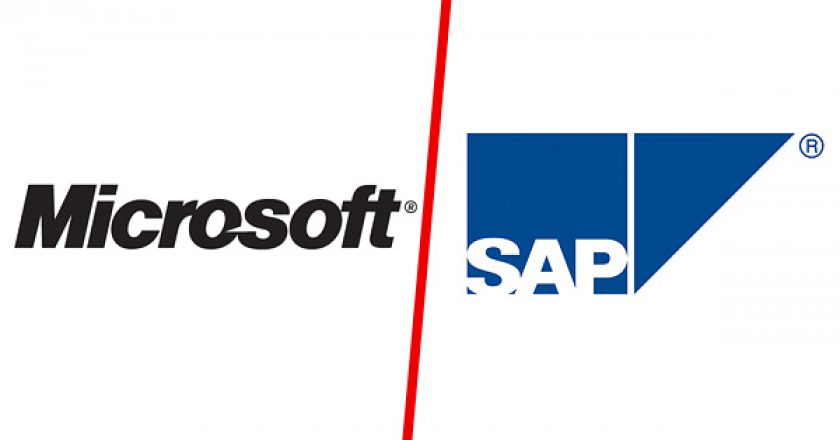
Microsoft and SAP’s long-standing partnership is being strengthened with the pending certification of SAP’s ERP (enterprise resource planning) and software for deployment on the Azure cloud infrastructure service.

Despite the slow take off of mobile money services in West Africa relative to other regions on the continent, operators in the area are beginning to report signs of success.

The enterprise is changing as the Internet has revolutionised traditional infrastructures. The rise of trends such as cloud, big data and mobility has caused for a rethink on how a business approaches its ICT operations.
As a result, organisations are at an important tipping point and have decisions to make. Should they be in the cloud? Should they be outsourcing non-core business functions? Should they allow employees to bring their own devices to work? And where does security come into play?